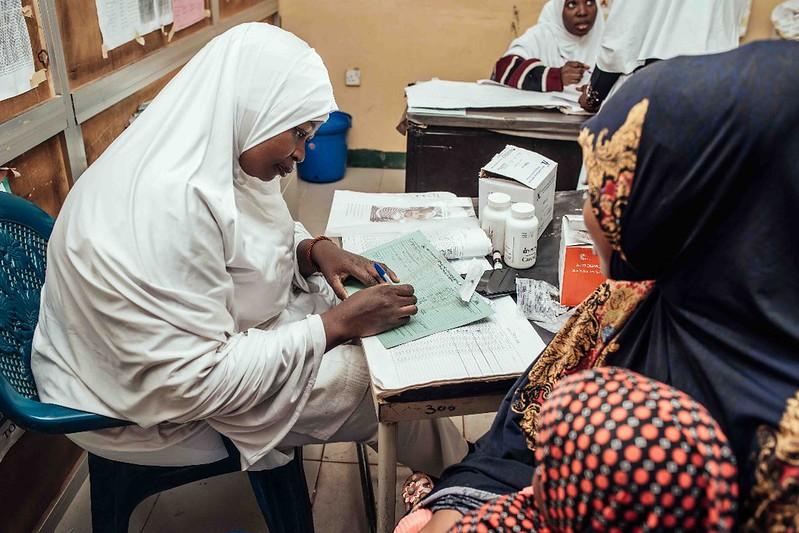US Department of Health and Human Services (HHS) Secretary Robert F. Kennedy Jr. today told the leaders of Gavi, the Vaccine Alliance, that the United States will withhold financial support for the organization until it has "re-earned the public trust," according to media reports.
The comments were made in a pre-recorded video sent to Gavi officials and health ministers gathered in Belgium for a summit that aims to raise $9 billion to support the organization, which helps provide and distribute vaccines to low-and middle-income countries.
"In its zeal to promote universal vaccination, it has neglected the key issue of vaccine safety," Kennedy said in the video, a portion of which was posted by the New York Times. "When the science was inconvenient, Gavi ignored the science."
Kennedy added that while he admired Gavi's work to make medicine affordable, the US government would not contribute more to the organization until it starts taking vaccine safety seriously.
"I'll tell you how to start taking vaccine safety seriously: Consider the best science available, even when the science contradicts established paradigms," Kennedy said.
Gavi refutes Kennedy's claims
In a response to Kennedy's allegations, Gavi said in a statement, "Any decision made by Gavi with regards to its vaccine portfolio is made in alignment with recommendations by WHO's [World Health Organization's] Strategic Advisory Group of Experts on Immunization (SAGE), a group of independent experts that reviews all available data through a rigorous, transparent, and independent process. This ensures Gavi investments are grounded in the best available science and public health priorities."
Since its launch in 2000, Gavi has vaccinated more than 1.1 billion children across 78 countries, preventing nearly 19 million deaths from diseases like measles and pneumonia. While the United States has long been a major financial supporter, contributing more than $8 billion since 2001, the Trump administration earlier this year announced plans to terminate US funding for the group, which has primarily been provided through the now-dismantled US Agency for International Development (USAID).
In addition to the government's annual support of Gavi, which amounted to $300 million in 2024, the Biden administration last year pledged more than $1.5 billion to support Gavi over the next 5 years. But comments from the HHS secretary, who has long been a critic of vaccines, suggest that pledge will not be fulfilled until it meets his demands.
The move comes a day after the Gates Foundation announced a $1.6 billion commitment to Gavi over the next 5 years. In its announcement, the foundation cited its concerns about the impact of foreign aid cuts on global childhood immunization efforts.
Spotlight on diphtheria, tetanus, pertussis vaccine
In the video, Kennedy singled out Gavi's support for diphtheria-tetanus-pertussis (DTP) immunization, which he claimed was linked in a 2017 study to higher infant mortality in girls, according to Politico, even though other studies refute that contention.
In its statement, Gavi noted that the burden of diphtheria, tetanus, and pertussis (whooping cough) is much higher in low-income countries than in high-income countries.
It added that, while the DTPw (whole-cell pertussis) vaccine causes more temporary side effects than the DTaP (acellular pertussis) vaccines used in high-income countries, the stronger protection it provides for children in settings where healthcare access is limited far outweighs the temporary side effects. It also said that global immunization experts, having reviewed all the available data, continue to recommend the DTPw vaccine for infants in high-risk settings.
"Based on a full assessment of the science available, Gavi continues to have full confidence in the DTPw vaccine," Gavi said. "As an important element in our routine vaccine portfolio, it has played a key role in helping halve childhood mortality in Gavi-supported countries since 2000."
The statement added that Gavi agrees on the need to consider all available science and remains committed to "an evidence-based and scientific approach to its work and investment decisions, as it has always done."




















